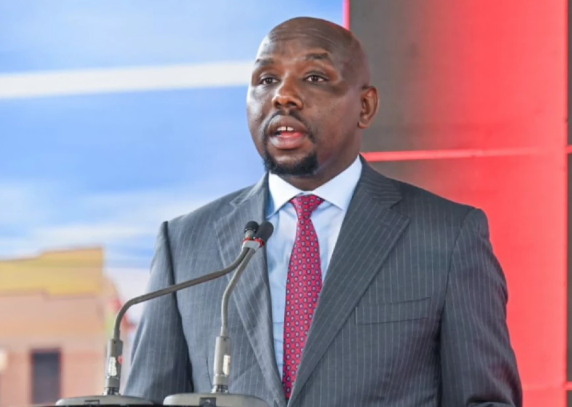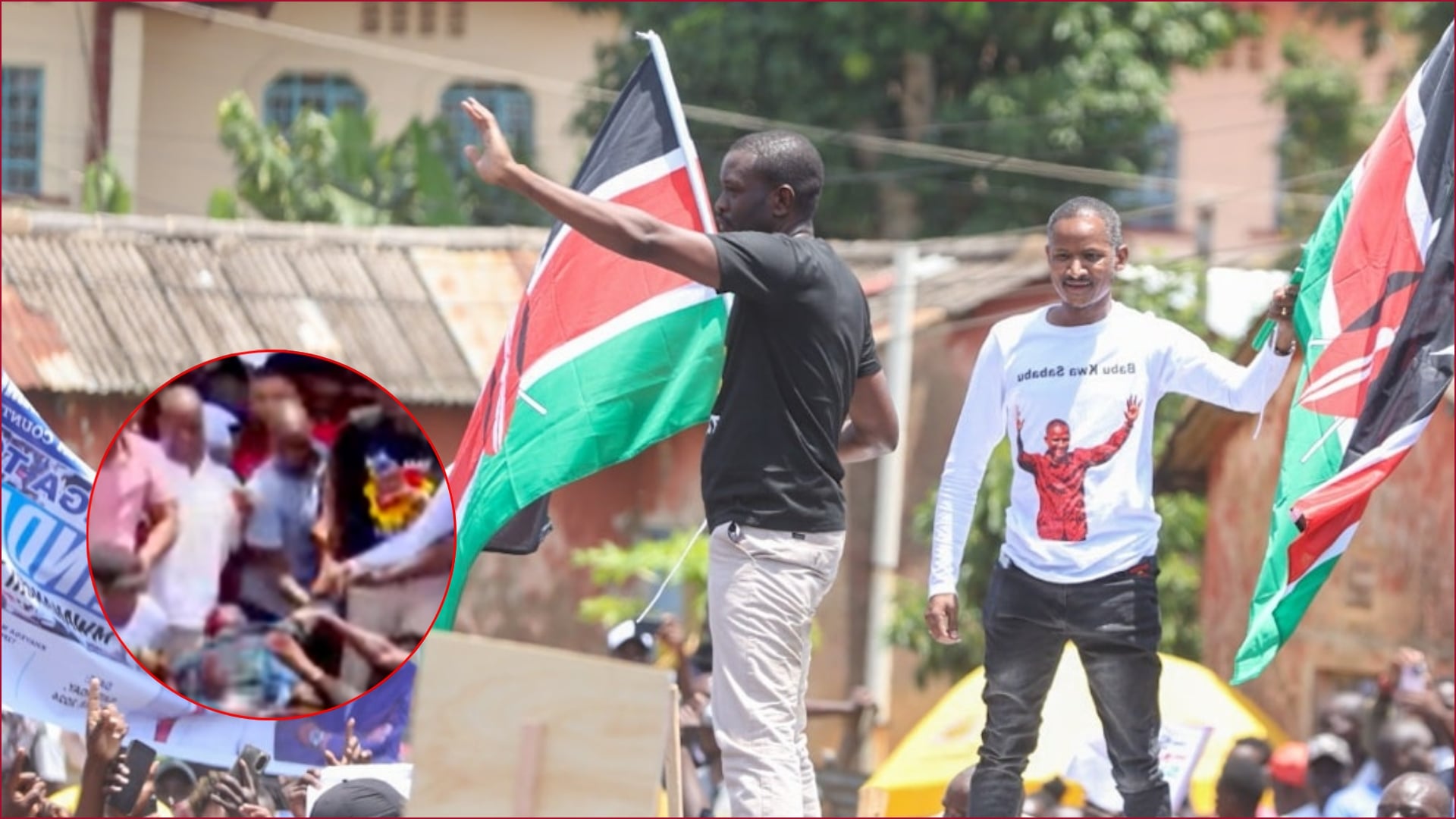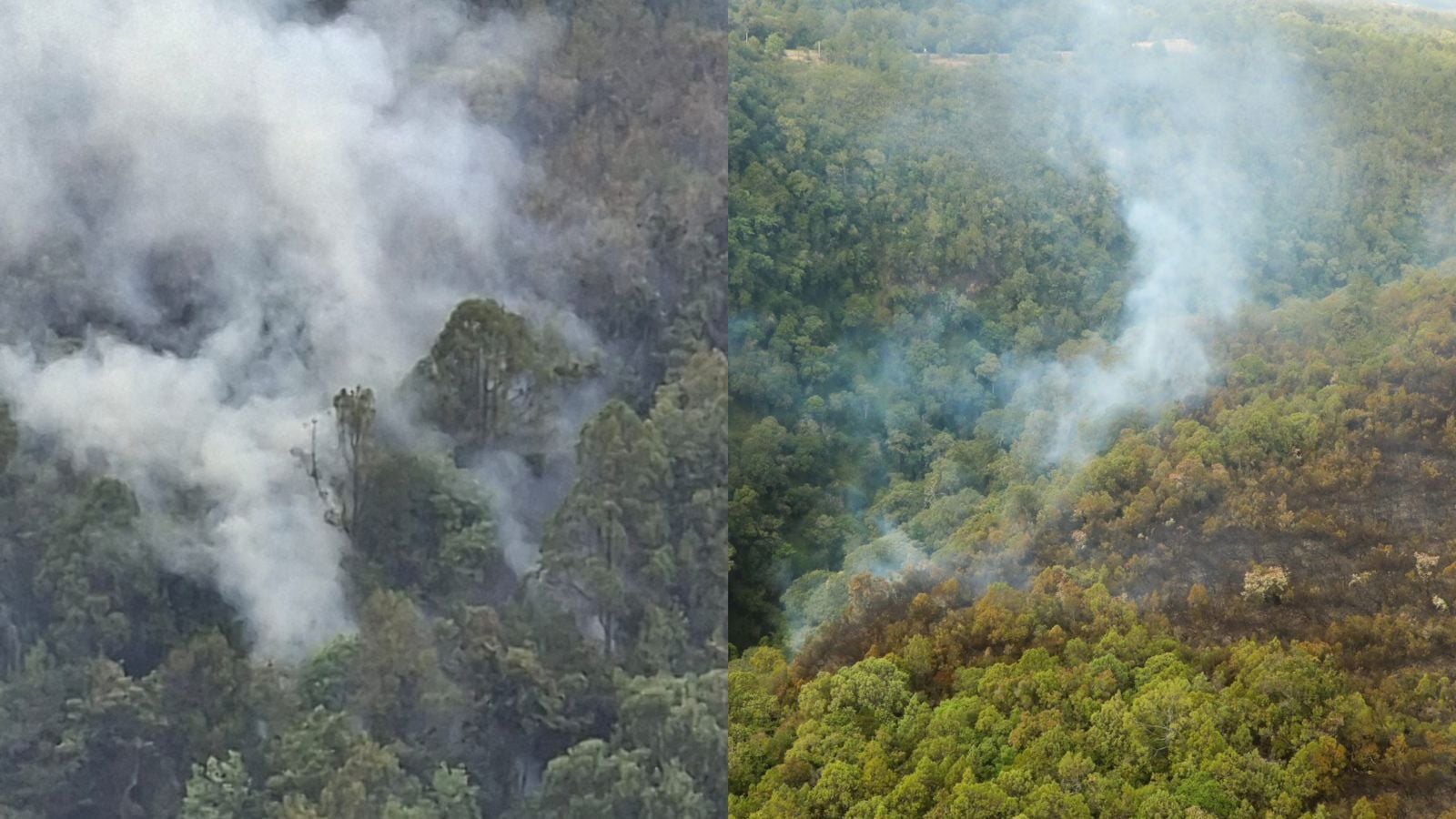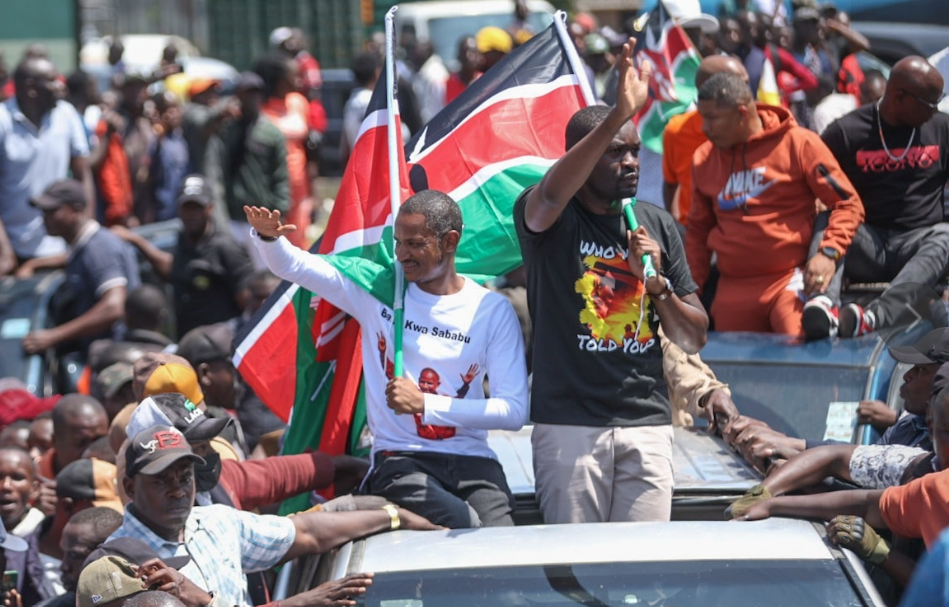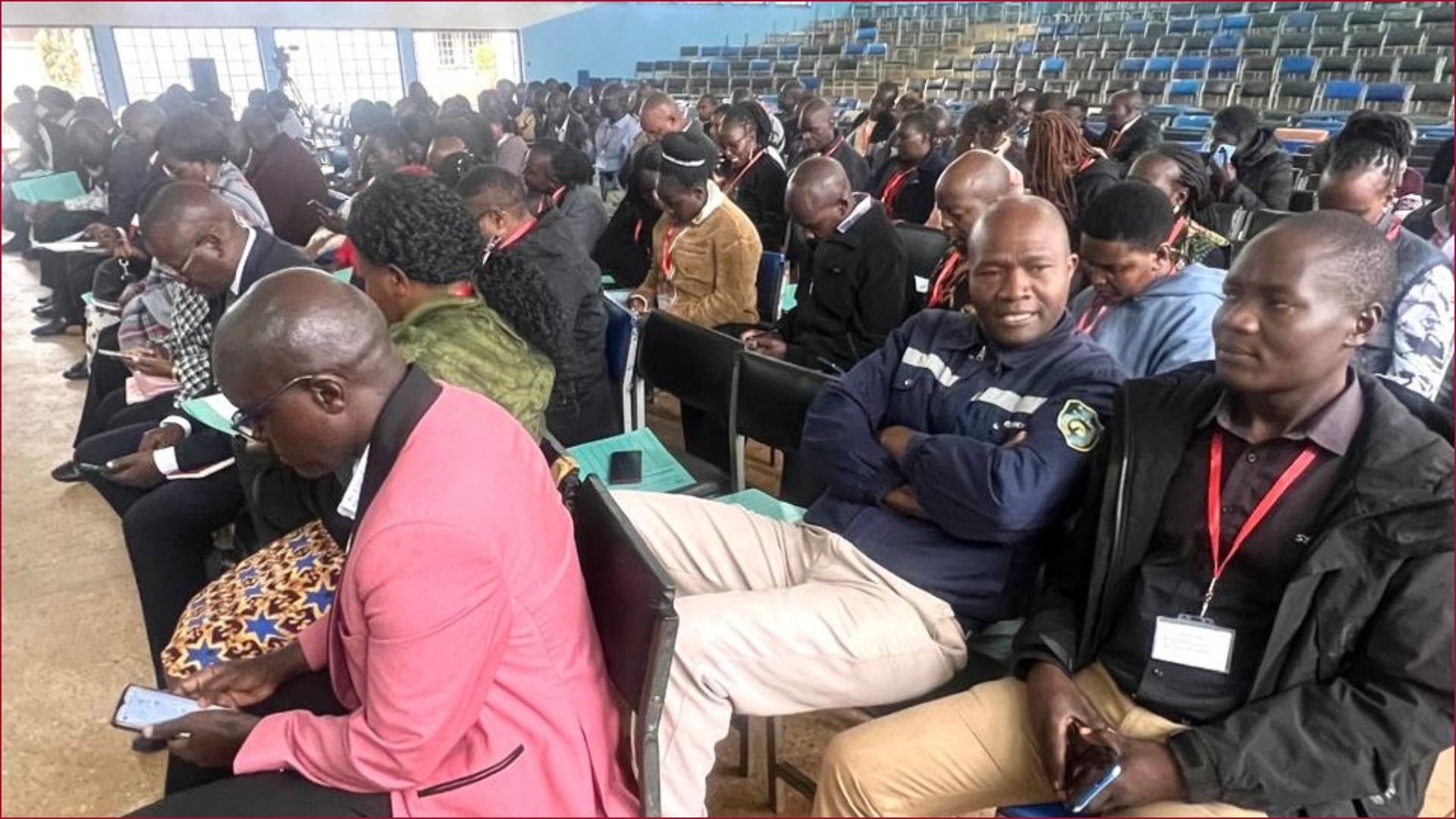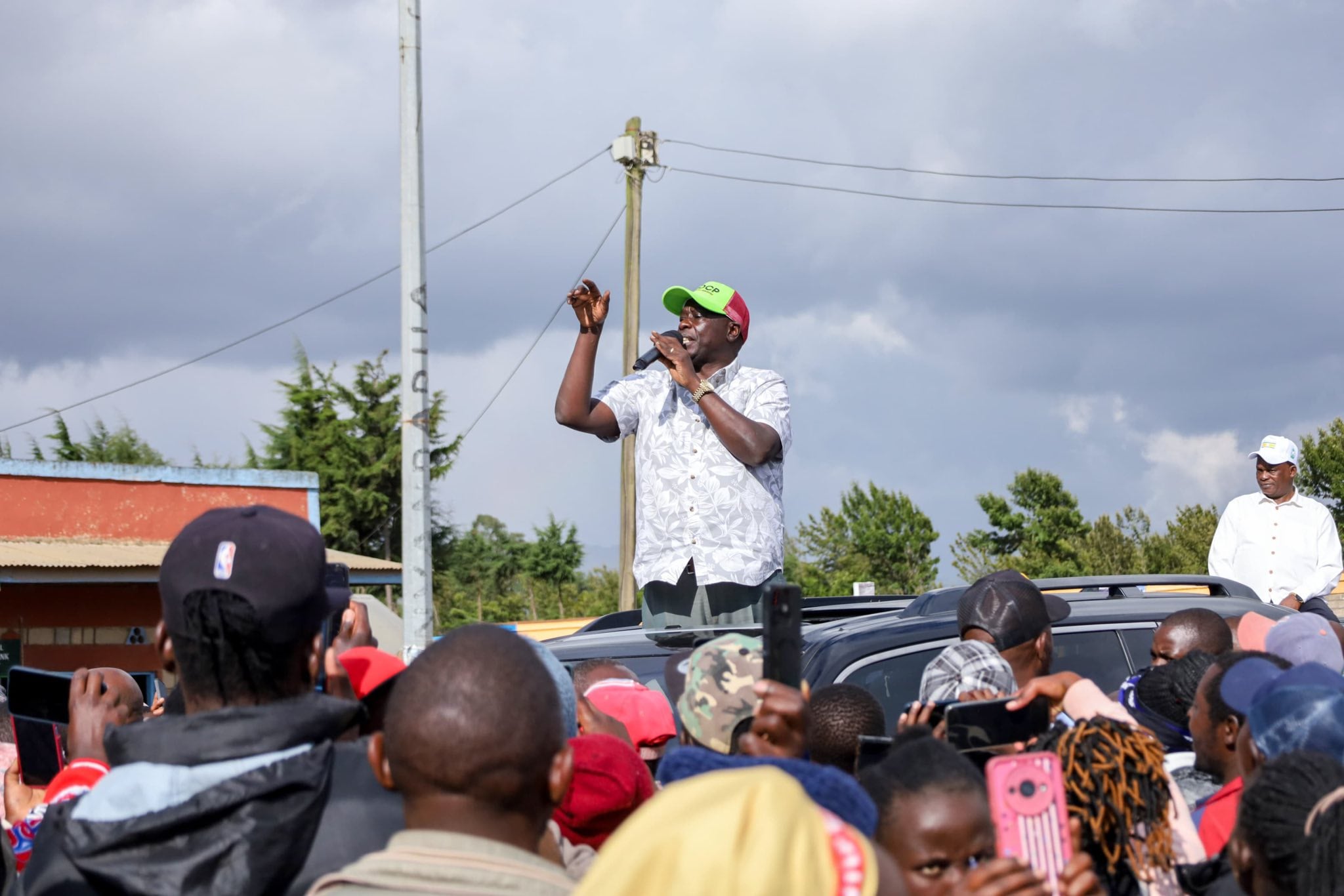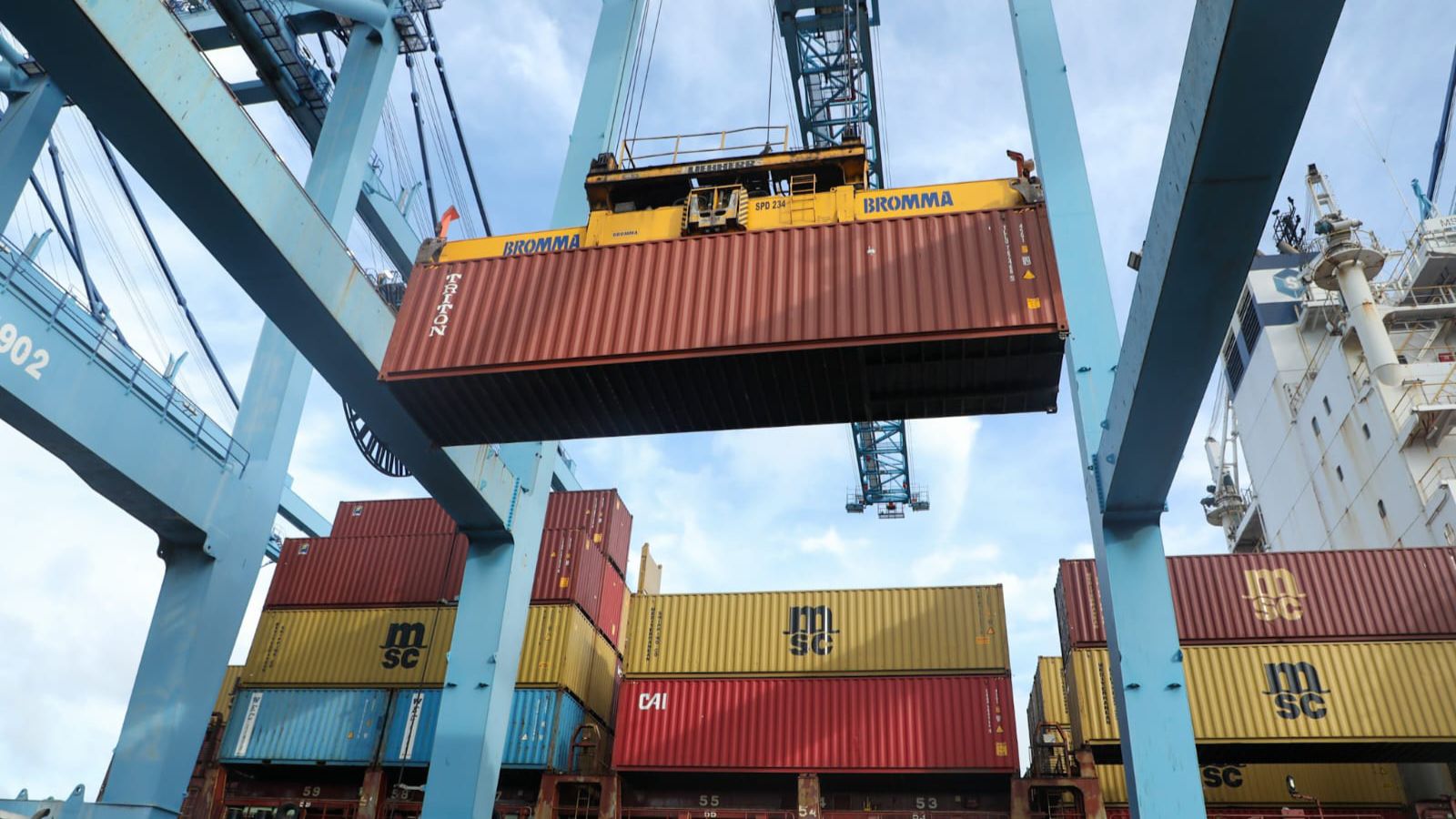Interior Cabinet Secretary Kipchumba Murkomen has come out strongly in defense of the government’s controversial use of terrorism charges against individuals arrested during recent protests.
Speaking in Bomet County on Tuesday, July 22, Murkomen challenged critics of the charges to examine the facts and the law before condemning law enforcement actions.
“I want everybody who is challenging us and challenging the DCI and DPP and the criminal justice system to explain to me,” Murkomen stated. “If you invade a police station and burn it, steal guns, burn police lines and their houses, beat up police officers, burn courts, burn administration units, burn vehicles, and destroy businesses, what is that crime if it’s not terrorism?”
Murkomen went further to draw a direct connection between organized violence during protests and terrorism, emphasizing that the law does not restrict terrorism to foreign rebels or border-based militia groups.
“If you establish a criminal gang whose business is to invade people’s businesses, if you finance people to carry machetes, crude weapons, and petrol bombs to destroy property and government installations, what is that called? That is called terrorism.” He insisted.
Read More
He also pushed back against what he described as a narrow definition of who can be classified as a terrorist.
“Some people think terrorists do not wear suits,” he said. “They think terrorists only work at the border, in Boni, Mandera, Marsabit, or Turkana. But citizens who organize criminals in the name of protests, we will charge you for the crimes you have committed.”
Subsequently, Murkomen challenged critics, including civil society groups and politicians, to revisit the law before opposing the use of the Terrorism Act.
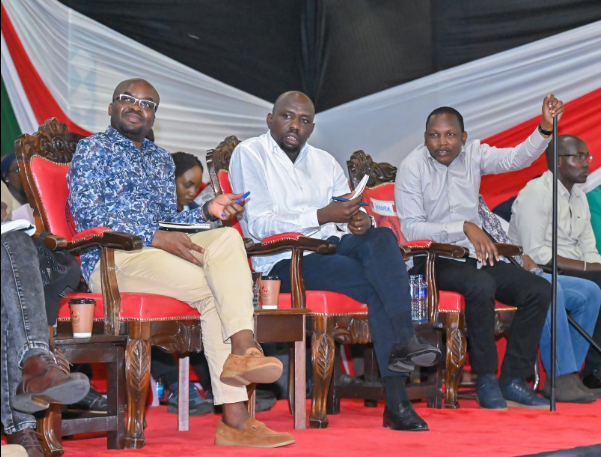
Murkomen’s remarks respond to criticism from civil society organizations, legal professionals, and political leaders who argue that the government is misusing the Prevention of Terrorism Act to stifle dissent.
Katiba Institute condemned the charges, saying they amount to abusing legal processes meant to suppress peaceful protest and dissent.
Human rights activist Boniface Mwangi also criticized the state for labeling protesters as terrorists, saying such actions undermine democratic freedoms.
Former LSK President Nelson Havi echoed these concerns, accusing Chief Justice Martha Koome of laying the ideological groundwork for misusing terrorism charges.
“She labeled an arson in Kikuyu as terrorism. On what yardstick did she make that determination?” Havi asked. “We are back to the 1980s.”
